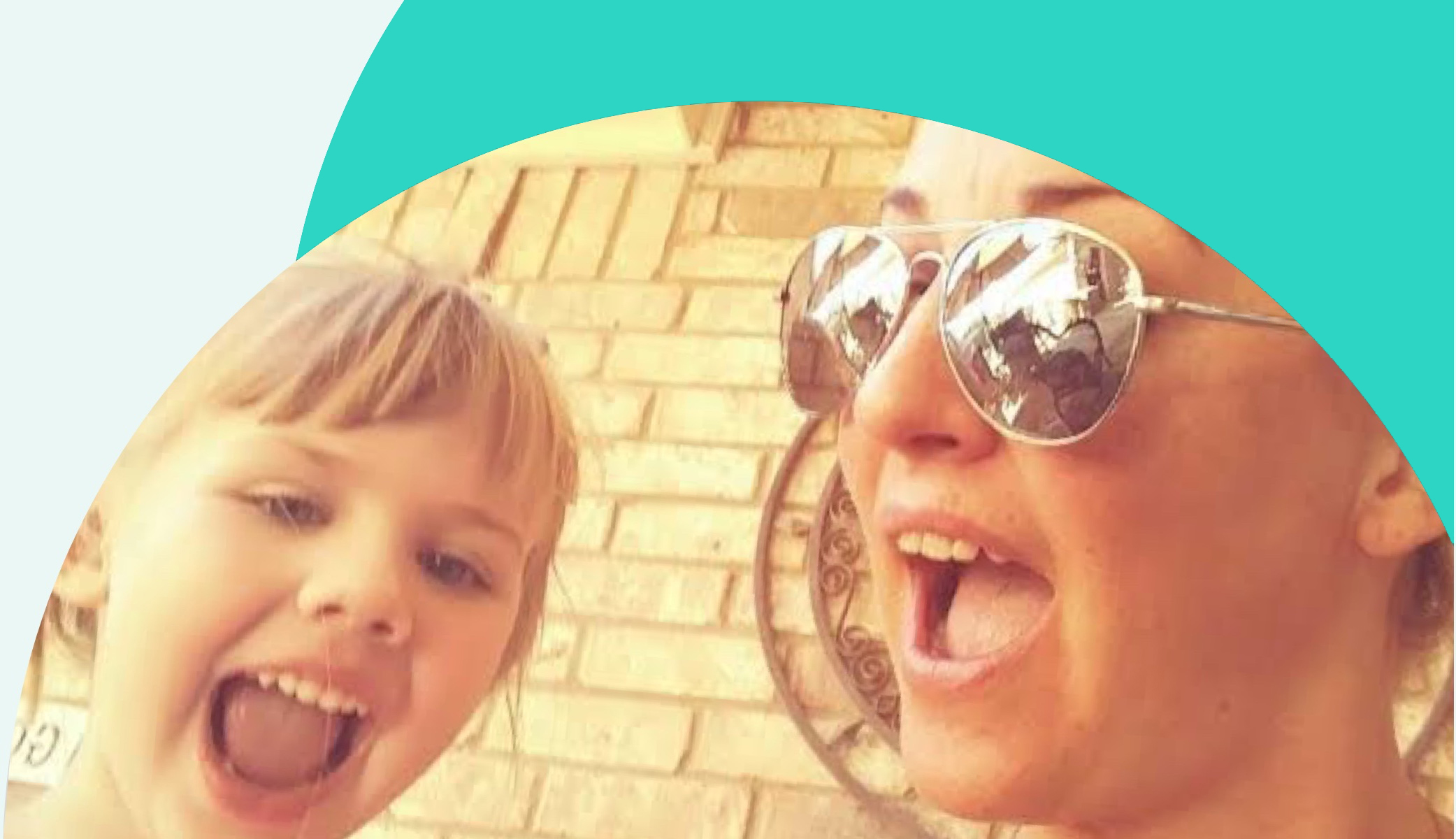
Change your language
“Words have the power to build up or destroy a person. We can be part of the solution.”
Marissa Angerer
Mother, Friend, Lawyer, Person in Recovery
Words shape how we view people and how we treat them.
Changing our language improves outcomes for those struggling with addiction.
Choose supportive, nonjudgmental words that treat people with respect and compassion.
| Instead of this… | Say this* |
|---|---|
|
Abuse Drug problem/habit |
|
|
Addict Druggie/Drug Abuser Junkie |
|
|
Addicted to [ x ] |
Has a [ x ] use disorder |
|
Clean or Stayed clean |
Substance-free |
* Remember not to tell those who have experience with addiction how to talk about their own story.
With your help, we can empower change.
Support our mission to increase access to recovery, prevention, and mental health resources for everyone who needs them.

